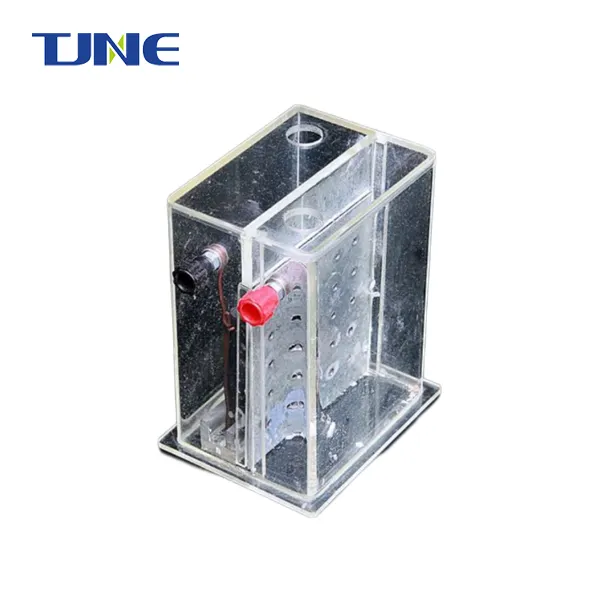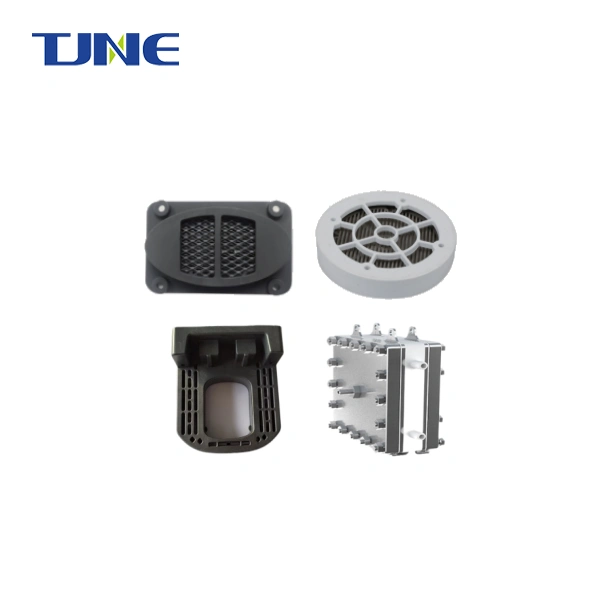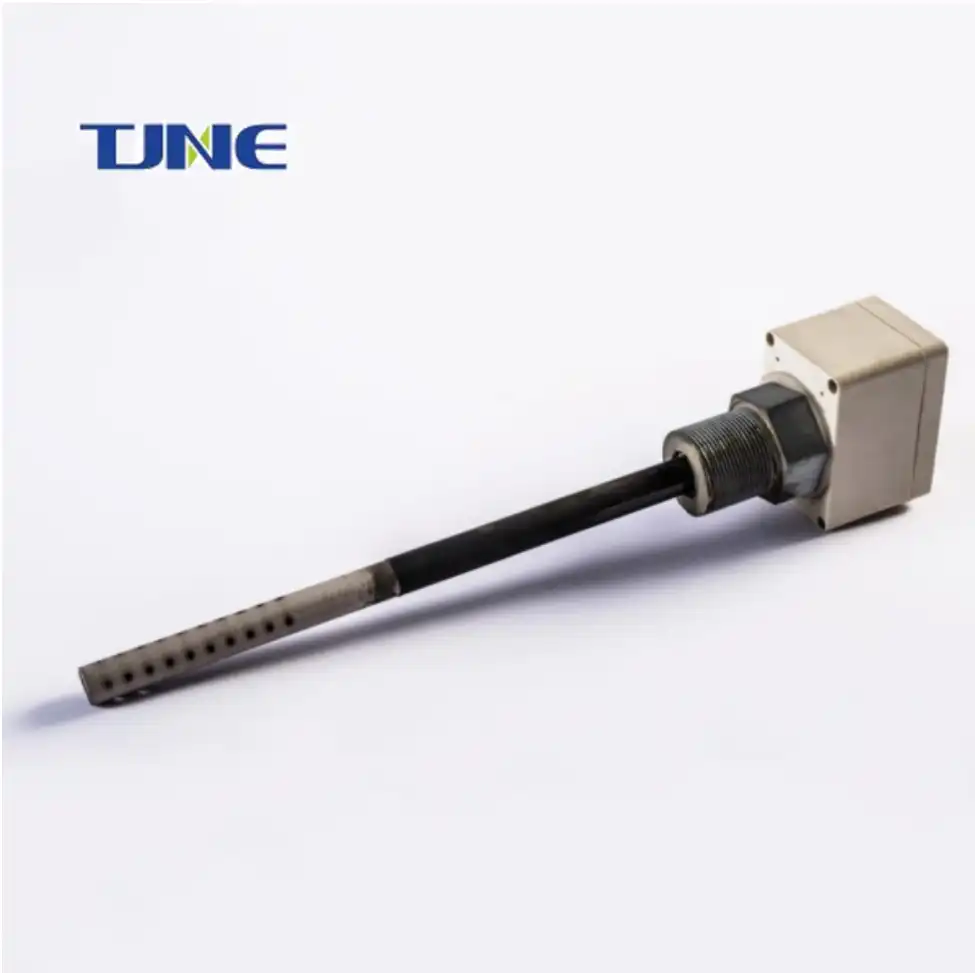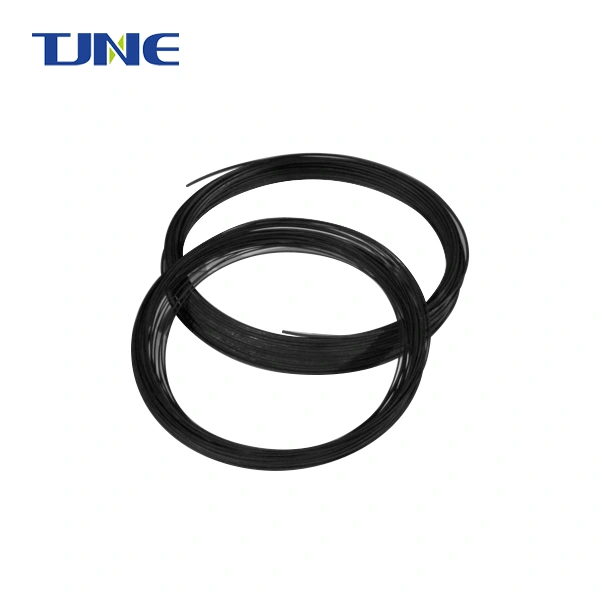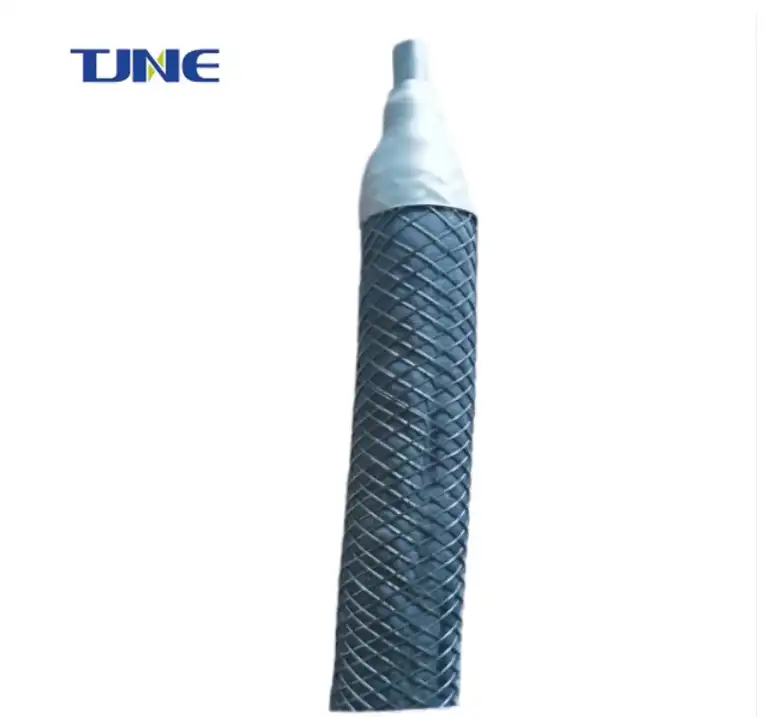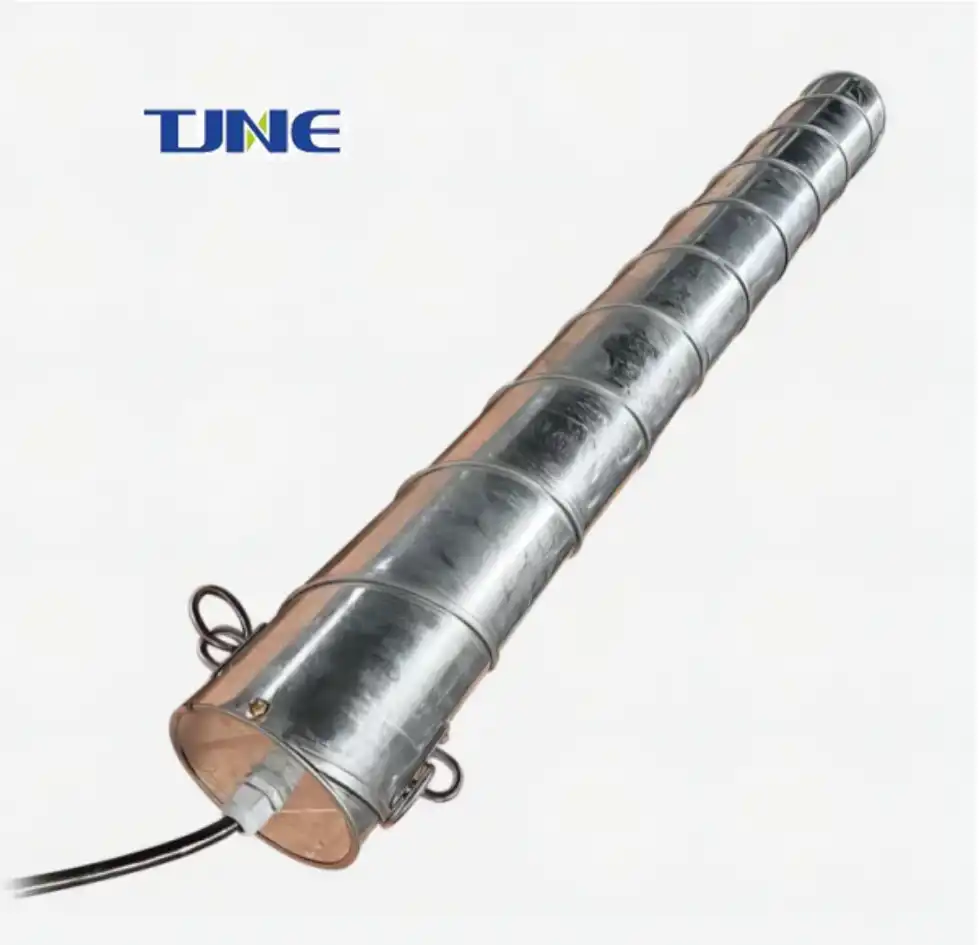- English
- French
- German
- Portuguese
- Spanish
- Russian
- Japanese
- Korean
- Arabic
- Greek
- German
- Turkish
- Italian
- Danish
- Romanian
- Indonesian
- Czech
- Afrikaans
- Swedish
- Polish
- Basque
- Catalan
- Esperanto
- Hindi
- Lao
- Albanian
- Amharic
- Armenian
- Azerbaijani
- Belarusian
- Bengali
- Bosnian
- Bulgarian
- Cebuano
- Chichewa
- Corsican
- Croatian
- Dutch
- Estonian
- Filipino
- Finnish
- Frisian
- Galician
- Georgian
- Gujarati
- Haitian
- Hausa
- Hawaiian
- Hebrew
- Hmong
- Hungarian
- Icelandic
- Igbo
- Javanese
- Kannada
- Kazakh
- Khmer
- Kurdish
- Kyrgyz
- Latin
- Latvian
- Lithuanian
- Luxembou..
- Macedonian
- Malagasy
- Malay
- Malayalam
- Maltese
- Maori
- Marathi
- Mongolian
- Burmese
- Nepali
- Norwegian
- Pashto
- Persian
- Punjabi
- Serbian
- Sesotho
- Sinhala
- Slovak
- Slovenian
- Somali
- Samoan
- Scots Gaelic
- Shona
- Sindhi
- Sundanese
- Swahili
- Tajik
- Tamil
- Telugu
- Thai
- Ukrainian
- Urdu
- Uzbek
- Vietnamese
- Welsh
- Xhosa
- Yiddish
- Yoruba
- Zulu
What Factors Should Be Considered When Selecting a Chlorine Generator Electrolyzer System?
In water treatment solutions, there are various considerations crucial for selecting a chlorine generator electrolyzer system. The decision-making process entails an in-depth analysis of factors ranging from capacity and scalability to electrolyzer efficiency, along with meticulous attention to maintenance and service requirements.
Capacity and Scalability
The size and scalability of a chlorine generator electrolyzer system are paramount considerations that significantly influence selection decisions. Firstly, assessing the required capacity is fundamental. This entails evaluating the volume of water to be treated and the desired chlorine production rate. A system with inadequate capacity may lead to insufficient chlorine generation, compromising water treatment effectiveness.
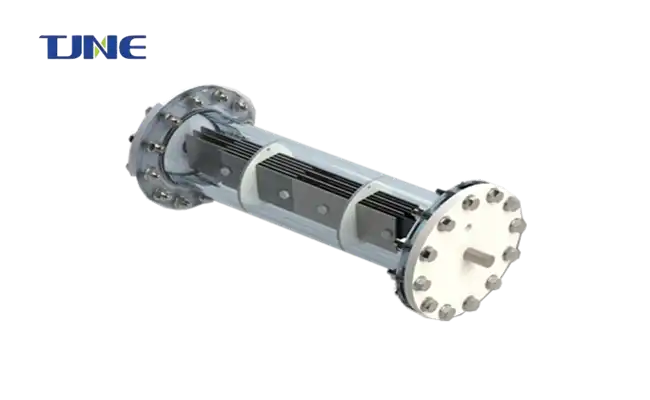
Scalability is equally crucial, especially for applications where future expansion or adjustments in water treatment needs are anticipated. Opting for a system that allows for easy scalability ensures adaptability to evolving requirements without necessitating a complete overhaul of the infrastructure. Modular designs and expandable configurations are preferable for their ability to accommodate growth seamlessly.
Electrolyzer Efficiency
Efficiency stands as a cornerstone for optimal performance in chlorine generator electrolyzer systems. Several parameters merit evaluation to ensure that the chosen system meets efficiency requirements. Electrolyzer efficiency is primarily determined by its energy consumption per unit of chlorine produced. Low energy consumption not only reduces operational costs but also minimizes environmental impact.
Moreover, examining the electrolyzer's conversion efficiency is imperative. This metric reflects the percentage of electrical energy effectively utilized for chlorine generation. Higher conversion efficiency signifies better utilization of resources and enhanced overall system performance. Additionally, considering factors such as cell voltage and current density aids in gauging the efficiency of electrolysis processes.
Cost and safety features
When selecting a chlorine generator electrolyzer system based on cost, it is important to consider the initial purchase price and the ongoing operational expenses. Compare the upfront costs of different systems, including the cost of the equipment itself, installation, and any additional components or accessories required. Also, think about the drawn-out functional expenses, like power utilization, upkeep necessities, and the expense of consumables like salt and water. While it might be enticing to pick the least expensive choice forthrightly, it is fundamental to take a gander at the all-out cost of responsibility for the framework's life expectancy to decide the most practical arrangement. Remember that putting resources into a better framework with lower functional expenses may eventually set aside your cash over the long haul by decreasing upkeep needs and working on by and large proficiency.
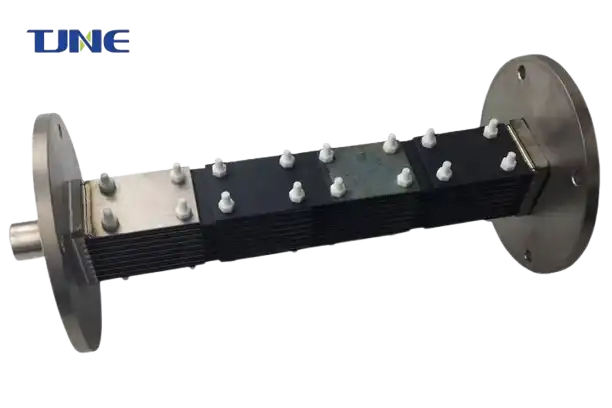
Also, it is crucial to prioritize systems that incorporate robust safety mechanisms to protect both personnel and the environment. Search for frameworks with worked-in security elements, for example, spill recognition sensors, overpressure assurance components, crisis shutoff switches, and programmed caution frameworks to alarm administrators of any expected perils. Additionally, systems with materials that resist corrosion should be taken into consideration to guarantee equipment longevity and leak prevention. It is likewise fundamental to give legitimate preparation to staff individuals on the best way to work the framework securely and answer crises. You can reduce the likelihood of accidents, safeguard your facility and employees, and ensure compliance with chlorine handling and storage industry standards by giving safety features top priority during the selection process.
Maintenance and Service Requirements
The ongoing maintenance and service requirements of chlorine generator electrolyzer systems play a pivotal role in their long-term viability and cost-effectiveness. Before making a selection, it is essential to thoroughly assess the maintenance protocols and service intervals specified by the manufacturer.
Factors such as ease of maintenance, availability of spare parts, and technical support services should be carefully evaluated. Opting for a system with user-friendly maintenance procedures and readily accessible components simplifies upkeep tasks and minimizes downtime. Furthermore, reliable technical support ensures prompt resolution of any issues that may arise during operation.
Routine maintenance tasks typically include cleaning electrodes, inspecting seals and connections, and monitoring system performance parameters. Adhering to recommended maintenance schedules is critical for preserving system efficiency and prolonging its operational lifespan.
Conclusion
In conclusion, selecting the right chlorine generator electrolyzer system requires a comprehensive analysis encompassing capacity and scalability, electrolyzer efficiency, and maintenance and service requirements. By prioritizing these factors and conducting diligent research, stakeholders can make informed decisions that optimize water treatment processes while ensuring long-term reliability and cost-effectiveness.
If you want to learn more about this kind of chlorine generator electrolyzer, welcome to contact us at: yangbo@tjanode.com.
References
1.Li, J., Zhang, C., & Chen, G. (2017). Recent progress on chlorine generator electrolyzer technologies. Electrochimica Acta, 230, 409-426.
2.Gao, X., Yu, H., Liu, X., & Zhang, Y. (2020). Advances in materials for chlorine generator electrolyzer electrodes: A review. Journal of Materials Science & Technology, 59, 153-170.
3.Zhang, Y., Wang, H., Zhang, B., & Zhou, Y. (2019). Development and application of chlorine generator electrolyzer systems in water treatment. Frontiers in Environmental Science & Engineering, 13(5), 72-87.
If you want to learn more about this kind of chlorine generator electrolyzer, welcome to contact us at: yangbo@tjanode.com.
Related Industry Knowledge
- Why MMO Titanium Probe Anodes Are Essential for Advanced Corrosion Protection?
- Why Are MMO Wire Anodes a Game-Changer in Corrosion Protection?
- Unlocking the Potential: The Science and Applications of Acidic Electrolytic Water
- How Can Titanium Electrode Improve Nickel And Cobalt Electrodeposition Performance?
- What Makes PCB RPP Copper Plating Essential for Durable Surface Area Enhancement?
- How Does PCB VCP DC Copper Plating Work in Direct Current Systems?
- What Factors Should Be Considered When Selecting a DSA Anode?
- What Industries Benefit from Chlorine Generator Electrolyzers for On-Site Production?
- What Factors Should Be Considered When Selecting a Chlorine Generator Electrolyzer System?
- What are DSA anodes?






